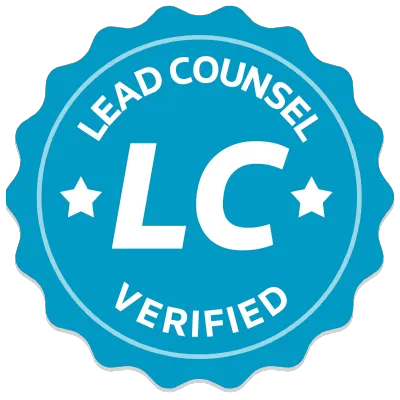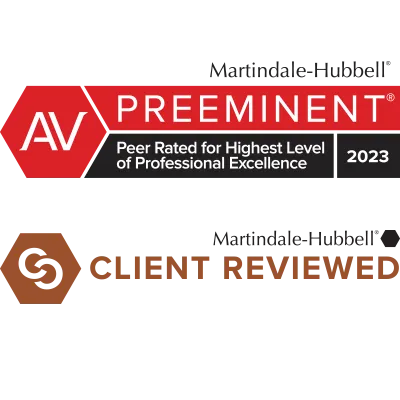- posted: Apr. 08, 2022
Quirks of the North Carolina Workers’ Compensation Act, pt. 1
The North Carolina Workers’ Compensation Act is the law that governs the benefits employees receive if they suffer a compensable injury while at work. It is not the most straightforward law, and there are a number of oddities we are going to discuss in the next few weeks. The first is what is known as “the coming and going rule.”
The coming and going rule is basically that if an employee is injured while on their way to work or from work to home that injury is not covered under workers’ comp. However, it is not that simple – there are a number of exceptions.
The first and most used exception is that the injury occurs on the employer’s premises. For example, if an employee trips and falls in the employers parking lot on the way into work, that injury could be covered. An exception to the exception is that if the parking lot is a public space and not maintained by the employer and the employee suffers the exact same injury – that is not a covered accident.
A second exception is called the special errand rule. This rule is that if an employee is running an errand on their way to or from work that benefits the employer in some way and suffers an injury, that injury will be covered. For example – if an employee is on the way to buy office supplies before coming into work and is in a car accident, that could be a compensable injury. If the same employee is going into the same office supply store for printer paper for their home computer on the way to work, that would not be a compensable injury.
The third and final exception is an injury that occurs while the employee is utilizing transportation that the employer arranged. For example, if a group of employees are riding in an employer van to a jobsite and that van is in an accident, any employee injured in that accident should have their injury covered.
These are of course just some basic examples, in actuality, this is one of the issues that comes up the most as the rule has exceptions and exceptions to the exceptions! We’re happy to answer any questions to this tricky rule.




